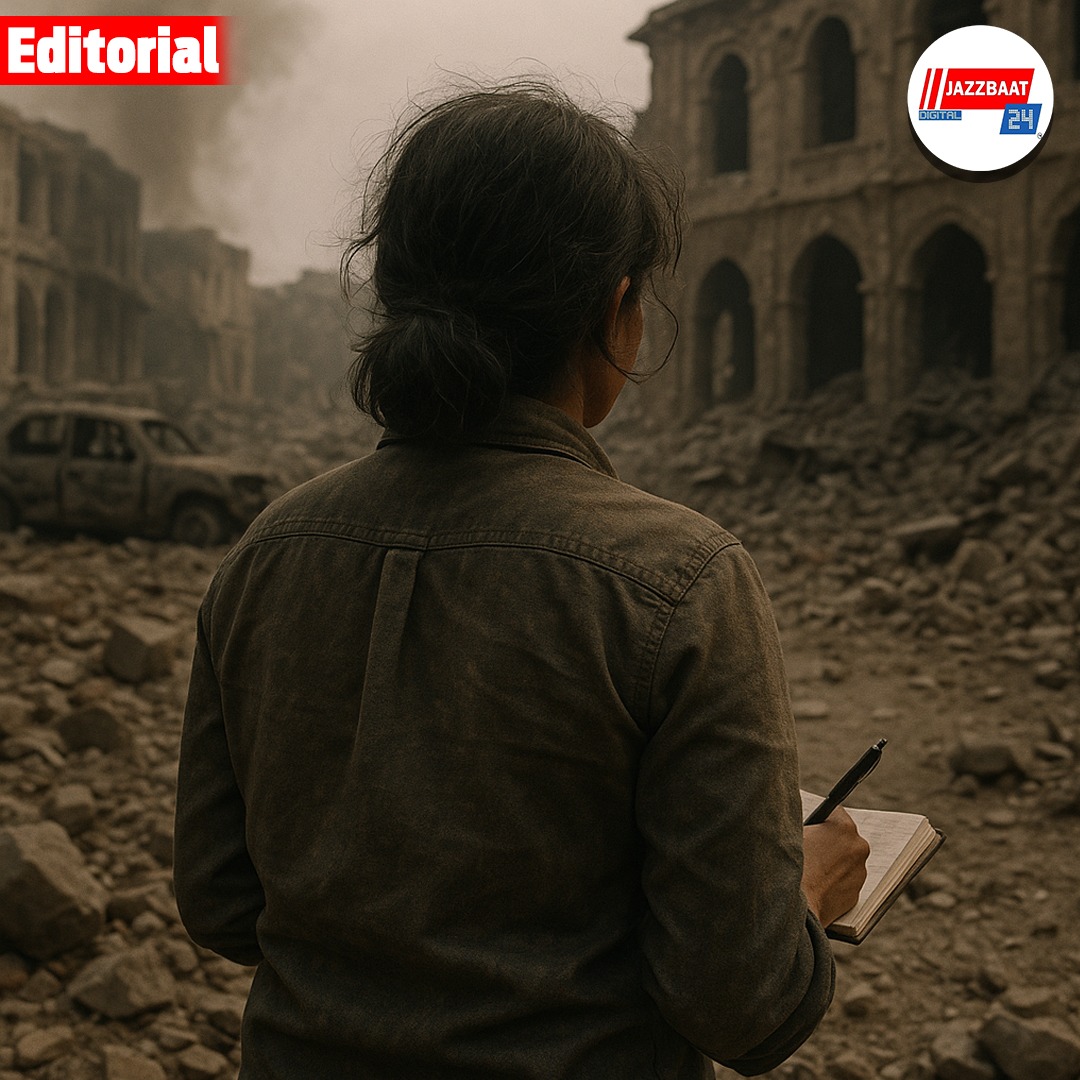
When the war ends, the smoke clears—then the reality becomes clear, which was clear even twenty-five years ago. Wars are started for political gain and the innocent common people have to pay the ultimate price for it.
In 2001, my first novel, The Last Jet-Engine Laugh, was published. The story of that book is about three generations of a middle-class Indian family, the period from 1930 to 2030. When the novel was published, the narrative created over seven decades that had happened up to that point and three imaginary decades was essentially a strategy for better understanding the last few years of the 20th century.
The future events in the novel are mostly like nightmares, yet there was a strange satisfaction in writing them. It seemed that these terrible fantasies would only be captured on paper—they would never happen in reality. A miraculous belief worked, as if writing meant a warning message, which would make future people aware.
But within a few months of the book's release, the horrific terrorist attacks of 9/11 occurred. The events I had written about in the novel—such as the destruction of northern India in the Indo-Pakistani conflict, Delhi becoming a border city, and the nuclear attack on Mumbai—were becoming reality beyond imagination.
Now that novel has been reprinted, and at that time news broke that another airstrike had taken place between India and Pakistan. The media of the two countries has started a flurry of counterclaims. India claims that they attacked a terrorist base on the border and killed more than a hundred terrorists. Pakistan says that they thwarted the Indian airstrike and shot down an Indian fighter jet in a counterattack. It is as if the media of both countries is running a 'fictional script' about who lost whom.
Beyond this propaganda war, a truth has emerged once again—war can never solve any problem. Rather, war creates the seeds of more war. War to stop the enemy or stop terrorism is like trying to hit someone with a hammer when you have a fever.
In the midst of so much propaganda and false stories about war, what gets lost the most is the suffering of ordinary people. The rulers and militaries of both countries do not want to admit the truth of their actions. The responsibility of exposing that truth falls on independent journalism. But when the media becomes government-controlled, it becomes a tool of propaganda.
A nation’s future is shaped by the stories it tells about itself. When I gave my novel to an Israeli friend to read, he said, “Your book will not work in our country, because at the end of every story there has to be hope.” Today, when Israel is destroying its own future, when they are extinguishing all the lights of hope from their own territory, that is a big lesson for us in South Asia.
India-Pakistan relations repeatedly return to war and conflict because we forget that the government and the common people of a country are not the same thing. When we call an entire population inhuman, the path to human rights violations is paved. For example, if someone says that all the residents of Gaza are terrorists, or that India wants to punish Pakistan by weaponizing the Straits—then that is a suicidal position for humanity.
When the smoke of war clears, only one thing remains clear—the loss of life and property, political gains, and the cries of ordinary people. If, instead of learning from this experience, we want to build our future with the stories of old wars, we will be stepping on the path of self-destruction.
In this situation, the question arises—what kind of story will we tell ourselves? Can a story be written that will bring us back from destruction and lead us to peace and coexistence?